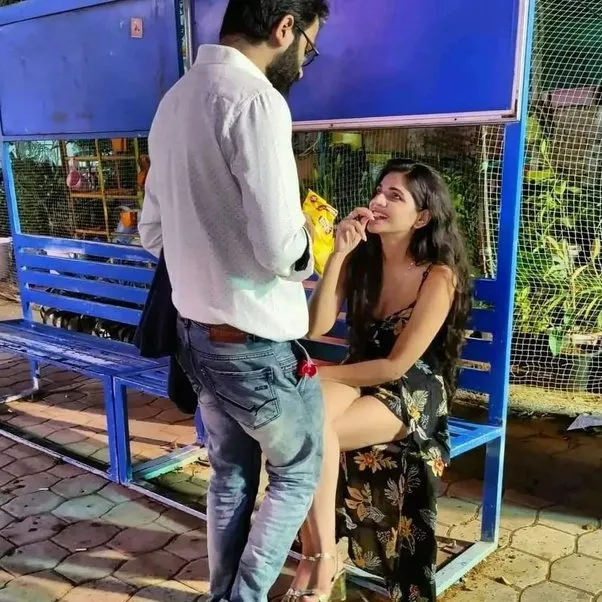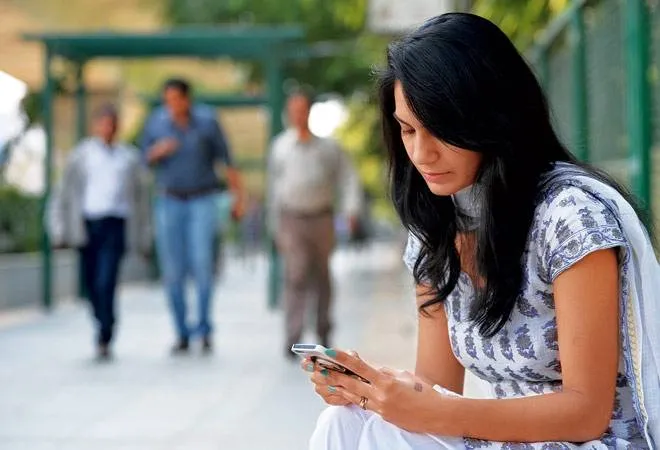Why Gen Z is Choosing to Stay Single Longer: Breaking the Stigma
There was a time when people felt a lot of pressure to "settle down" early. Get a degree, land a job, find a partner, get married, and start a family — all before 30, preferably. It was almost like a checklist you had to complete to be considered successful.
But Gen Z?
They're flipping that whole narrative on its head.
Today, more and more young people are choosing to stay single longer — and not because they "can't find someone" or because "dating is hard" (even though yes, sometimes it really is). They're staying single because they’re focusing on themselves first. They’re choosing personal growth, mental health, independence, careers, and self-love before diving into a serious relationship. And honestly, it’s refreshing.
It’s not that Gen Z doesn’t believe in love.
Gen Z absolutely believes in love — deep, passionate, real love. But they don’t believe in rushing into something just because society says they should. For many, it’s about finding the right relationship, not any relationship.
There’s this strong desire to build a full, rich life as an individual first — to know who you are, what you want, what you value — before you share your life with someone else.
In other words: they’re not avoiding love. They’re building the best version of themselves first, so when love does happen, it’s healthy, balanced, and real.
Personal growth is a priority.
Self-awareness, therapy, healing from childhood traumas, setting healthy boundaries — these things used to be side notes, if they were mentioned at all. Now, they’re front and center for Gen Z.
There’s a growing understanding that if you don’t know yourself, if you haven’t healed, if you’re still operating from unhealed wounds, your relationships will suffer. Instead of trying to "fix" these things inside a relationship, many are working on themselves before they even start dating seriously.
It’s about becoming whole on your own, not finding someone to "complete you."
(Yeah, sorry old movies, we’re moving past that idea.)
Careers and passions are calling.
Another big reason Gen Z is staying single longer? They have big dreams — and they’re serious about chasing them.
Starting a business. Traveling the world. Creating art. Building communities. Fighting for causes they believe in. Exploring different careers. Trying, failing, and trying again.
All these things take time, energy, and focus.
Relationships — especially serious ones — require a huge emotional investment. And many Gen Zers are recognizing that it’s okay to put your energy into your personal dreams first. You don't have to choose between love and ambition, but you can choose to prioritize your goals for a while.
And let’s be honest: financial independence is also a real factor. With rising costs of living, student loans, and unstable job markets, many young people are choosing to get financially stable on their own first — not because they have to, but because they want to be fully self-sufficient before committing to a future with someone else.
Mental health matters more than ever.
Another huge shift is the way Gen Z talks about mental health. Unlike older generations, where topics like anxiety, depression, and burnout were often brushed under the rug, Gen Z is vocal and unapologetic about their mental well-being.
Many are learning to recognize toxic relationship patterns early. Red flags aren't ignored just because "you're supposed to be in a relationship." Instead, there’s a stronger emphasis on emotional safety, healthy communication, and mutual respect.
And sometimes, the healthiest choice is to walk away — or to stay single — rather than force a connection that doesn't feel right.
Choosing yourself isn’t selfish. It’s survival.
It’s growth.
It’s setting the stage for better, healthier relationships when the time is truly right.
Breaking old stigmas about being single.
For a long time, being single past a certain age was seen as a problem — especially for women. People would whisper: "What’s wrong with her?" or "He must be too picky."
Today? Being single is no longer seen as a flaw. It’s a valid, powerful choice.
Gen Z is rejecting the idea that your value is tied to your relationship status. You are not "half a person" if you're single. You don't need to find "the one" to be complete.
You are already whole.
Dating apps like Zupid are seeing this shift too. It’s no longer about desperately finding someone to fit into a life that feels empty. It’s about connecting with people who add to a life that’s already full. Whether you’re dating casually, looking for something serious, or just open to meeting new people without pressure, the vibe is different now — and it's healthier.
Of course, loneliness is real too.
Let’s not pretend it’s all perfect.
Being single can be lonely sometimes, especially when it feels like everyone else is in a relationship or posting "couple goals" photos on Instagram.
But Gen Z is learning to sit with that loneliness instead of rushing to fill it with just anyone. They're building strong friendships, focusing on family, developing hobbies, traveling, and creating communities that support them.
They’re finding that you can feel connected, loved, and fulfilled even without a romantic partner — and that’s a powerful thing to know.
The future of dating is changing.
So what does this all mean for the future?
It means dating is becoming more intentional. Less about desperation, more about true connection.
It means relationships will likely be healthier, because they’ll be entered into by two people who are already strong, self-aware individuals.
It means love will be based on want, not need.
And honestly, it’s exciting.
It’s beautiful.
It’s a shift the world desperately needs.
Choosing to stay single longer isn’t about giving up on love. It’s about trusting that love will come when you’re ready for it — and not a moment before.
It’s about believing that you deserve a love that meets you where you are, not one that demands you shrink yourself to fit into it.
So whether you’re happily single, casually dating, or open to possibilities, know this:
You’re not behind.
You’re not broken.
You’re not missing out.
You’re living your life on your terms. And that, in itself, is something to be deeply proud of.






